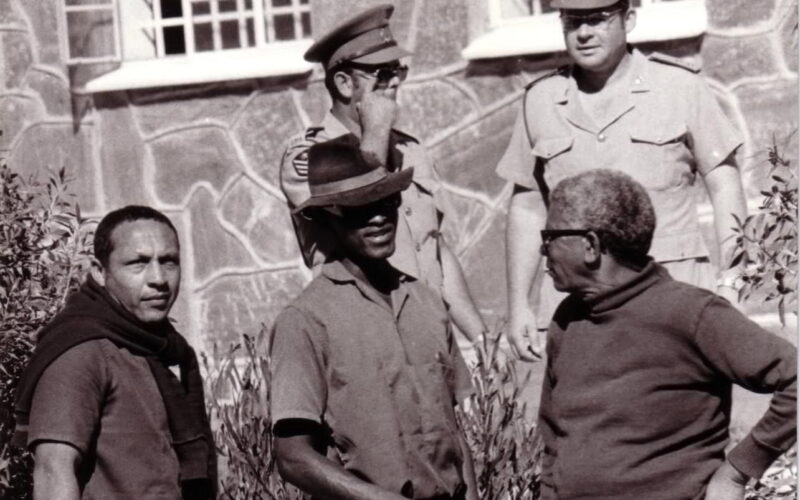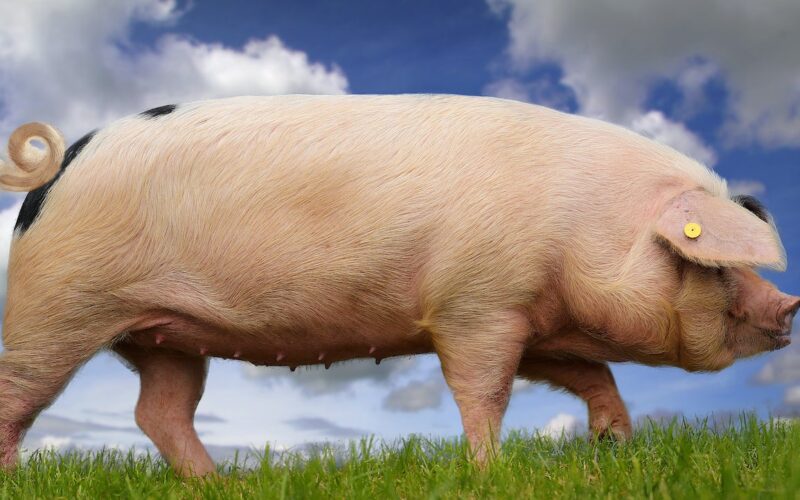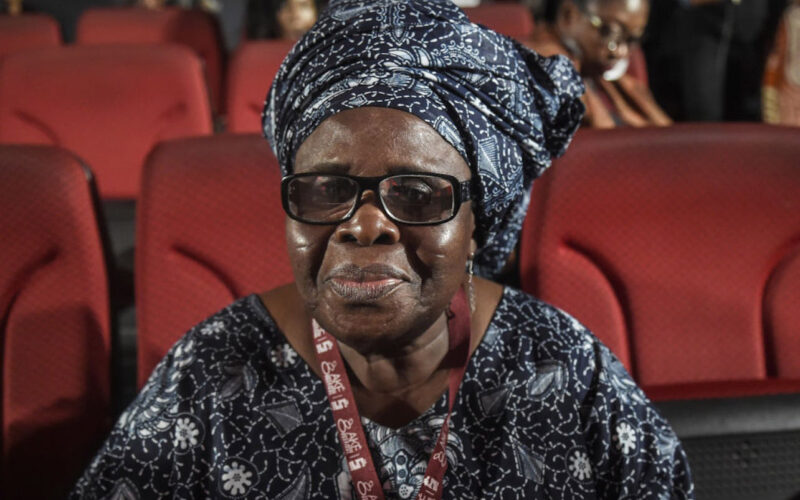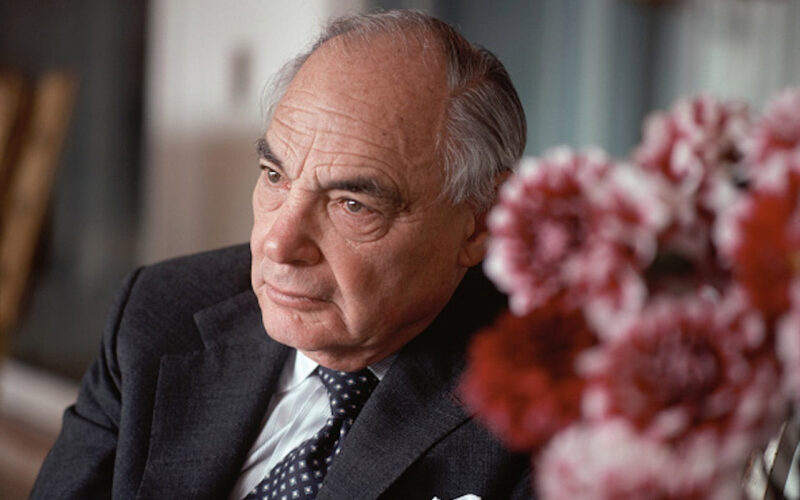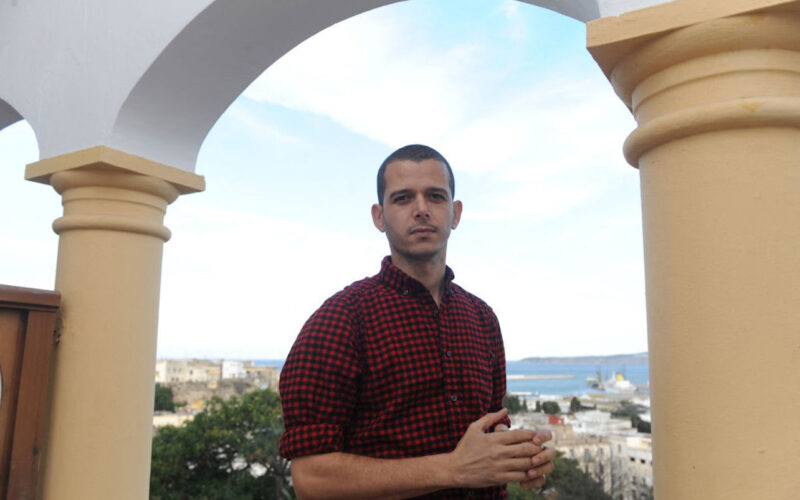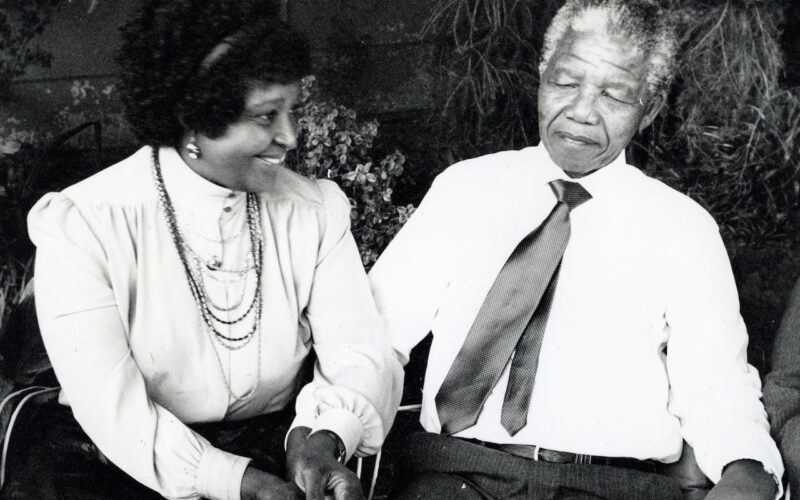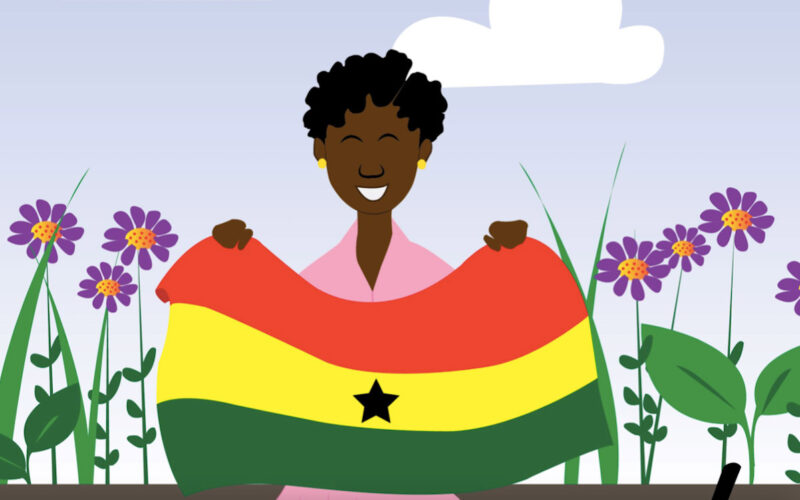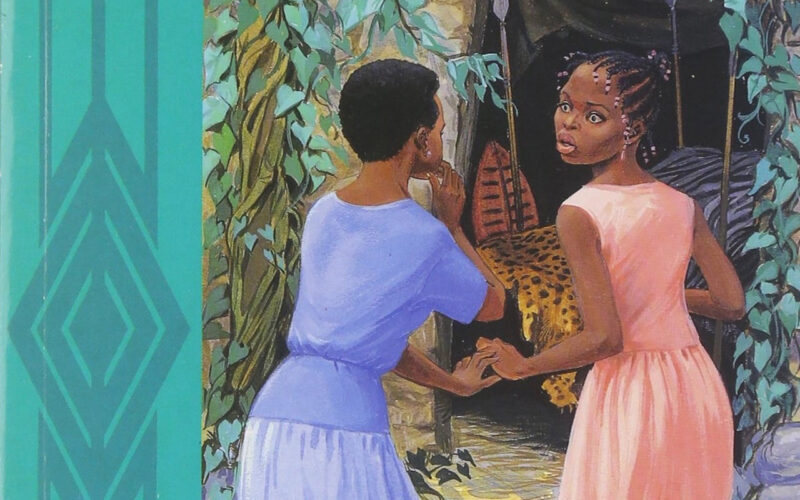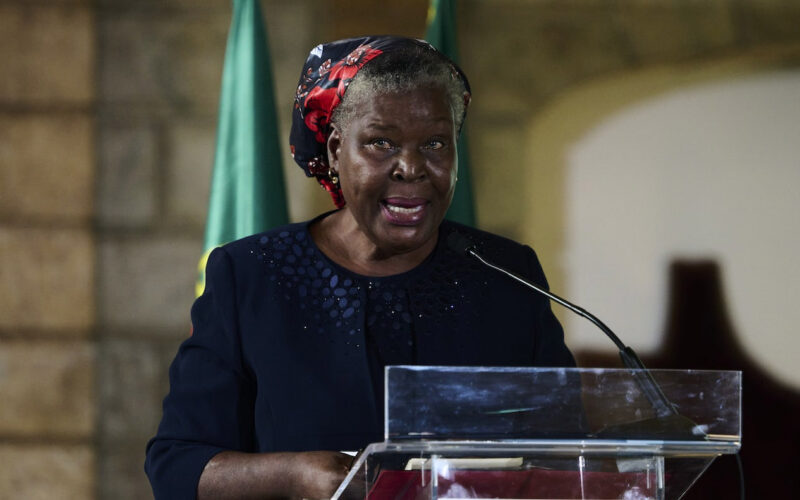
Paulina Chiziane, Mozambique’s grand novelist, finally receives her prestigious award
PAULINA Chiziane, the first woman to publish a novel in Mozambique, has become the first African woman to receive the most important award for Portuguese literature, the Camões Prize. She’s also the first to break all the rules about what a writer may reveal about Mozambique’s patriarchal culture and social taboos. Born in Manjacaze in 1955 and raised in the capital, Maputo, Chiziane’s mother tongue is Chopi, a Bantu language spoken along the southern coast of Mozambique, which she practised along with Portuguese, the language imposed during the colonial period. Today Chiziane has a degree in linguistics and is a…

